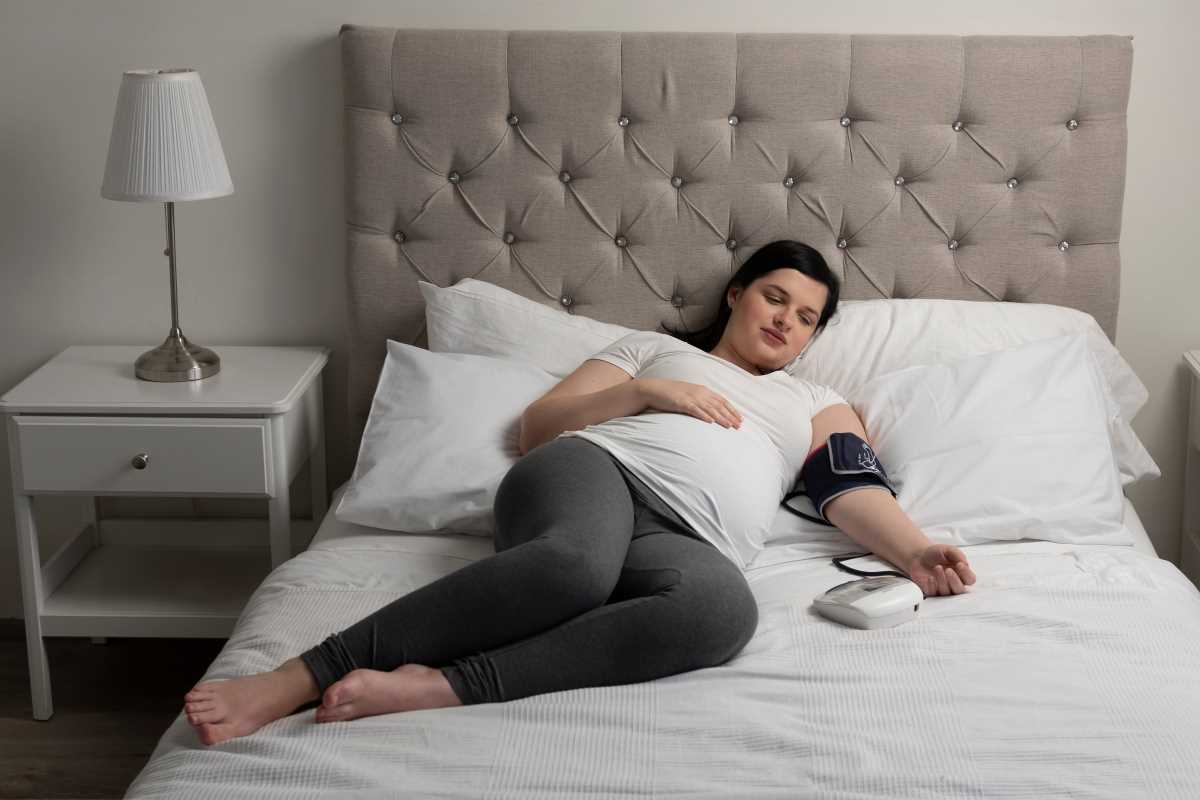Taking care of your bones might not be the first thing that comes to mind in your daily routine, but it’s important for long-term health. Bones provide the structure that supports your entire body and keep you active throughout life. Osteoporosis, which causes bones to weaken and become fragile, often develops as we age. The good news is that there are many natural ways to keep your bones strong and healthy. With a combination of smart dietary choices, regular physical activity, and small but meaningful lifestyle adjustments, you can strengthen your bone health and lower your risk of developing osteoporosis. This guide highlights effective and natural ways to protect your bones so that you can stay mobile and independent for years to come.
Focus on a Bone-Friendly Diet
1. Add Calcium to Your Meals
Calcium is the foundation of strong bones. Your body needs it to maintain bone structure and perform functions like muscle contraction and nerve signaling. Unfortunately, calcium can’t stay in your bones without a regular supply through food.
- How to incorporate it: Include dairy products like milk, cheese, and yogurt, or try plant-based options like fortified almond or soy milk. Leafy greens such as kale, bok choy, and broccoli are also excellent sources. If you snack, consider nuts like almonds or seeds like chia for a calcium boost.
2. Boost Vitamin D Intake
Vitamin D plays a huge role in calcium absorption. Without it, your body struggles to use the calcium you consume, putting your bones at risk. This nutrient also helps regulate bone remodeling, the process where old bone is replaced with new.
- How to get enough: Spend about 15-20 minutes in the sun daily to encourage natural vitamin D production. Foods like fatty fish (salmon, mackerel), egg yolks, and fortified cereals can help too. If you live in a cloudy area or during winter, consider a vitamin D supplement based on your doctor’s advice.
3. Include Magnesium and Zinc
Magnesium and zinc team up with calcium to keep bones strong and healthy. Magnesium helps regulate calcium levels in the body, and zinc boosts bone formation.
- How to add them: Snack on pumpkin seeds or cashews for a quick zinc fix and eat magnesium-rich foods like bananas, spinach, and whole grains.
4. Eat Omega-3 Fatty Acids
Omega-3 fatty acids are heart-healthy, and they also help reduce bone loss and inflammation, especially as you age.
- Food sources: Incorporate fatty fish like salmon, walnuts, flaxseeds, and chia seeds into your meals. Omega-3 supplements, such as fish oil, can also be a convenient way to fill the gap.
Get Moving with Weight-Bearing Exercises
Physical activity is one of the best ways to strengthen your bones naturally. Specific exercises encourage your bones to grow denser, making them less likely to become weak or brittle over time.
1. Try Weight-Bearing Workouts
Activities like walking, dancing, and playing tennis put healthy stress on your bones, prompting them to become denser and stronger. These are referred to as weight-bearing exercises because they force your body to work against gravity.
- How it helps: Regular practice increases bone density in areas most prone to fractures, such as your hips and spine.
- What to do: Aim for 30-40 minutes of weight-bearing exercise three to five times a week.
2. Add Strength Training
Lifting weights is an excellent way to build bone density. Strength training applies mechanical stress to the bones, encouraging growth and repair.
- How it works: Resistance exercises like squats, push-ups, or lifting free weights help preserve bone strength while also building muscle mass.
- Where to start: Use small dumbbells or resistance bands if you’re a beginner. Gradually increase the difficulty as your strength improves.
3. Focus on Balance and Flexibility Exercises
Falls are a common cause of fractures in people with weaker bones. Activities that improve balance and flexibility reduce fall risk, especially as you age.
- What to try: Yoga, tai chi, or pilates improve posture, stability, and muscle coordination, all of which help protect bones from injury.
Make Key Lifestyle Adjustments
1. Stop Smoking
Smoking harms nearly every part of the body, including the bones. It slows the production of bone-forming cells, leading to lower bone density and an increased risk of fractures.
- How to quit: Replace the habit with healthier routines, such as exercise or creative hobbies. Seek support from friends, family, or stop-smoking programs if needed.
2. Limit Alcohol
Drinking too much alcohol interferes with the absorption of nutrients necessary for bone health, like calcium and vitamin D. Excessive alcohol also weakens your balance and coordination, increasing fracture risk.
- How to cut back: Limit alcohol to moderate levels. You should have no more than one drink per day for women and two drinks for men. Choose non-alcoholic beverages to replace nightly drinks.
3. Maintain a Healthy Weight
Both being underweight and overweight can weaken bone health over time. People who are underweight may not get enough bone-building nutrients, then there are those who are overweight put extra stress on their bones.
- What to focus on: Strive for a balanced diet and regular exercise to maintain a healthy weight that supports your bones.
Stay Hydrated
Adequate hydration is often overlooked in discussions about bone health. Water helps transport nutrients to the bones and flushes out toxins that could weaken them.
- How to hydrate: Aim for eight glasses of water daily. Caffeinated and sugary drinks don’t count since they may leach calcium from bones. Herbal teas, coconut water, or water infused with fruit can make hydration more enjoyable.
Keep an Eye on Gut Health
A healthy gut significantly impacts how well your body absorbs calcium, magnesium, and other bone-strengthening nutrients. Probiotic-rich foods like yogurt, kefir, and fermented vegetables help maintain a healthy gut microbiome.
- Why it matters: Improving gut health makes sure essential nutrients are effectively absorbed, boosting bone density naturally.
Assess Your Bone Health Regularly
Keeping tabs on your bone health through routine checkups helps catch any warning signs early. Bone density scans provide detailed information about the strength of your bones and can help tailor prevention strategies.
- What to ask: Discuss your risk of osteoporosis with your doctor and determine if a bone density test is appropriate for your age and health history.
 (Image via
(Image via





